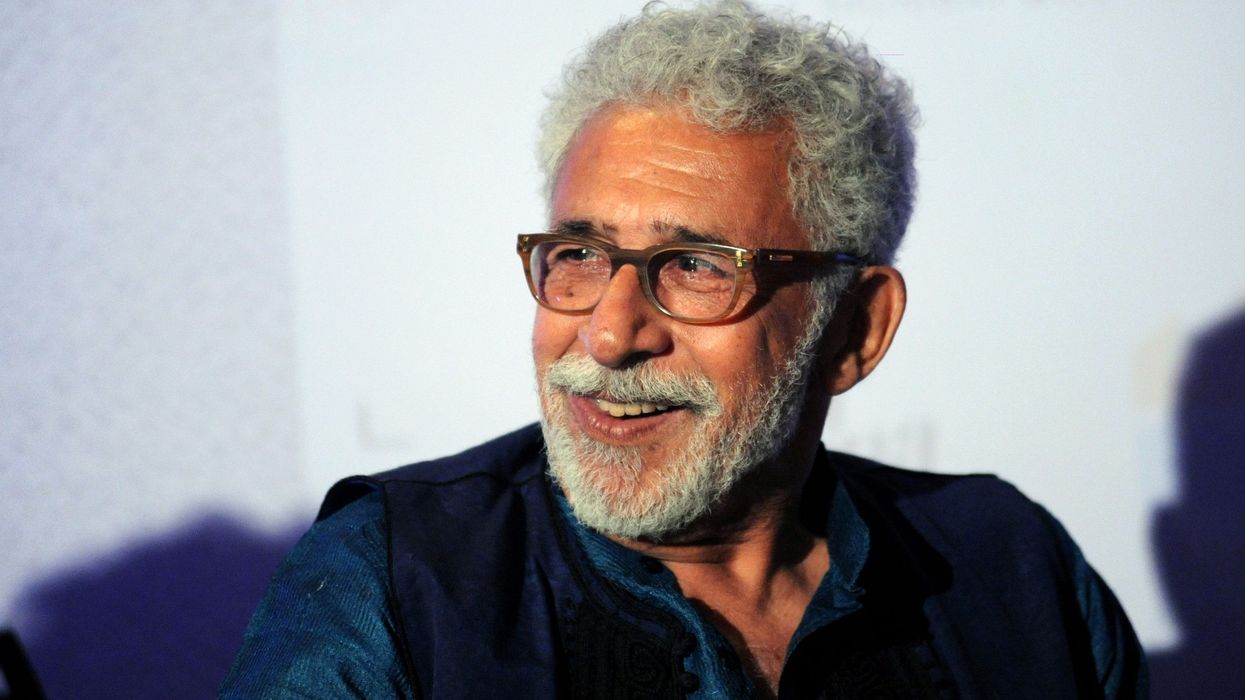Veteran actor Naseeruddin Shah is presently waiting for the premiere of his much-anticipated historical series Taj: Divided by Blood. The ZEE5 show also features Dharmendra as Sheikh Salim Chisti, Aditi Rao Hydari as Anarkali along with Rahul Bose, Zarina Wahab, Aashim Gulati, and Taha Shah in prominent roles.
Shah plays King Akbar in the upcoming ZEE5 original, which centers on a revelatory tale about the “inner workings and the succession drama” that played out in the chambers of the Mughal empire during the 16th century.
In an interview with Indian Express, when asked if it is difficult to make a historical project in today’s climate, Naseeruddin Shah said, “I suppose they are difficult because you have to take sides. There is no such thing as an objective history. History is written by the victors, and you have to read between the lines. I think it is difficult to make historicals with the kind of nuance that they deserve. It’s easy to make a grand spectacle with hundreds of elephants and horses and so on.”
He went on to add, “But to understand these people as human beings, I think is more difficult. Yeah. And then you run the risk of offending people, but I don’t think Taj: Divided by Blood is going to offend anyone. It presents an original, non-Indian perception of this dynasty.”
Taj: Divided by Blood has William Borthwick as the showrunner with Simon Fantauzzo as the writer and Ronald Scalpello as the director.
The period drama is scheduled to start streaming on March 3 only on ZEE5.
Keep visiting this space over and again for more updates and reveals from the world of entertainment.












